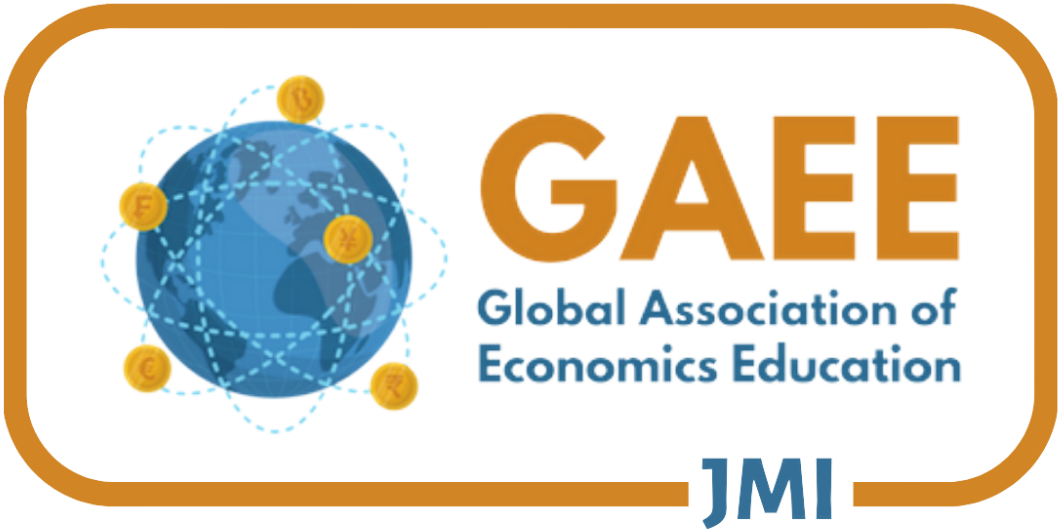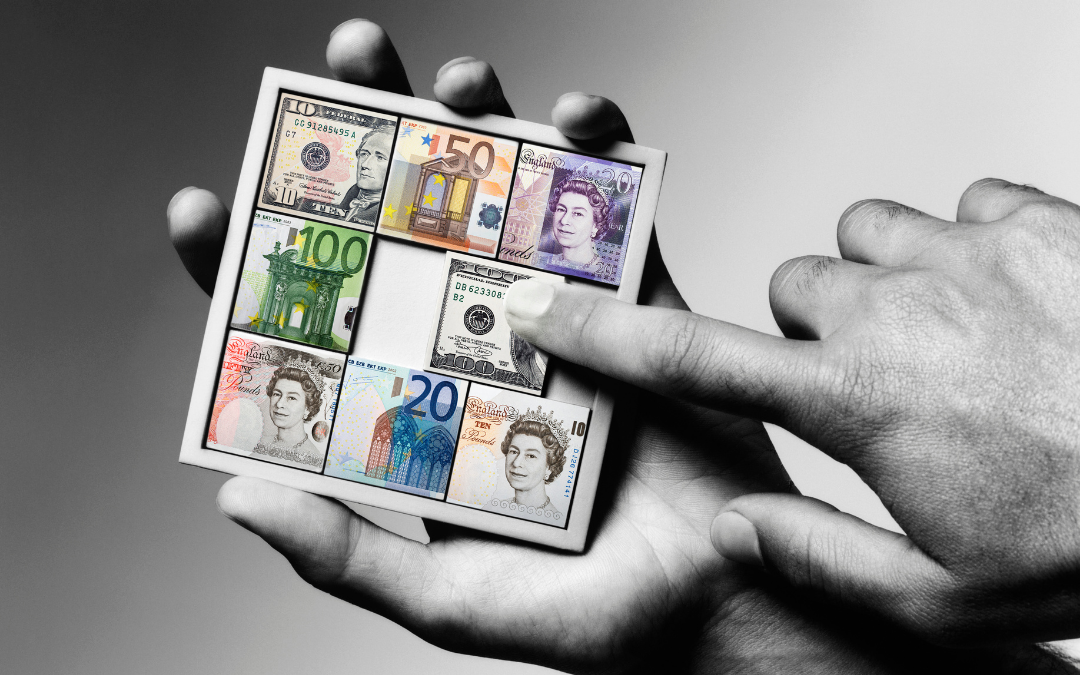Article by Abdullah Aftab from Department of Economics, JAMIA MILLIA ISLAMIA
So why we need to revisit Economics and the way it is taught comes in the backdrop of not only COVID’19 Pandemic but also due to the frictions in the economy. Let us start with why we need to revisit it? If we look at the way economics is taught, we can very well be sure that there is not much to catch up on from the Bachelors to Masters Level.
Similarly, lenders ignored the possibility that they may not be able to recover back their money. Eventually, borrowers were not able to pay back the loans and hence defaulted. It is estimated that 20 per cent of mortgages in 2005 and 2006 went to people who would not have been able to qualify under normal lending requirements. These people were the subprime borrowers. When the banks foreclosed on their property, it still suffered from losses as the market value of the houses dropped sharply. Hence, unable to recover their money and many banks went bankrupt or shut down. E.g., the bankruptcy of Lehman Brothers was a major cause of the 2008 stock market crash. This led to the start of the global financial crisis in 2008. The crisis could have been easily avoided if people had shown self-control and not the greed of earning more profits. The crisis had a terrible effect on the economy and society. It led to the failure of various businesses, foreclosures, unemployment, stock market collapse, economic activity downturn, global recession and European sovereign debt crises.
Anyone from any field can do a PhD and advise governments, because there is not a lot that has changed in the way economics is taught. Since this subject has taken to prominence, we still use the same old theories and study them mindlessly. And before we start, let me say, a critique of these theories does exist, but it is not enough. Often, when we target inflation policy, economists dismiss it. Why? Because they also know, perhaps better, when the inflation can go wrong, and if they make it purposefully wrong, they are probably corrupt. In times of today, there is a greater need for having economists and their studies, but we fail to realise that no one is asking questions or holding economists to where we are, the next best thing we do is to ask politicians if a politician could design policies he would have already done it.

I remember the first economics class I had, back in 2018, that economists are the doctors of the economy. I do not want a layman to understand economics and an economics student, but an economist can help us understand the intricacies and bring together the different areas of knowledge and solve the problems. But I feel, Economists are not acting as doctors, they have started acting like Politicians at worst and Psephologist at best, but we need more than that. The problem lies in the study of economics; we are mindlessly studying anything and everything and do not know the real-world application. I do not deny the importance of these studies, but we should not forget there are different diseases and there are different patients, and we are trying to prescribe one sort of treatment to everything, and believe me, it has many side effects.
These claims are not based on hate for my subject but rather on how we will devise policy and why we need a future with reliable economists (doctors). Let us start with one recent literature on theoretical policymaking. Paul Krugman has very well explained why we need to ditch the ideas that are still lying around; in his book Zombie Ideas, a collection of articles, he has defined very beautifully, why economists can go wrong.
More so, this same thinking is also reflected by former Reserve Bank of India’s Governor Raghuram Rajan, and has laid down what went wrong with the traditional economic systems and why the economists were reluctant in his book The Fault Lines.

The whole idea behind the classical theory of economics is the blind trust in economics and that they could correct themselves. And even if it fails, it will be the clear case of market failure, also known as externalities. The idea was that markets could correct themselves and they will always be able to fulfil the employment levels, but they were horribly wrong, and it turned out to be the case when the world went into a great depression. The employment was getting harder to manage, it was then we got to know that we do not need to believe equilibrium will always establish itself at full employment level. This theory changed economics significantly. It was also a movement against not regulating business and economics.
John Maynard Keynes gave arguments and was able to establish what we call the Bretton Woods System. Bretton Woods System has its own faults and could not move beyond the 1970s, and then, the neoclassical strands in economics grew, and it reached its peak with the shock therapy that Russia and CIS got. But for a while, the academic world was fighting with the three most prominent ideologies, Communism/Socialism and Keynisiansim and Neo-Classical Economics. But after the collapse of Bretton Woods and the Soviet Union, we have gone through much change, and we are governed by Neo-Classical Academicians, with varying degrees of regulations existing across the world. But 2008 was the direct product of not regulating the financial markets, especially mortgage and insurance banking, and economists and academicians are to blame for not realising. Even if they realised, either they were mocked or were bribed. This is where we should all realise why we need to change economics.
(Abdullah Aftab is a B.A.(Hons.) Economics student at Jamia Millia Islamia, Delhi. The views expressed are personal and they do not purport to reflect the opinions or views of GAEE or its members.)
Follow Us & Stay Tuned: https://linktr.ee/gaee.jmi


Recent Comments